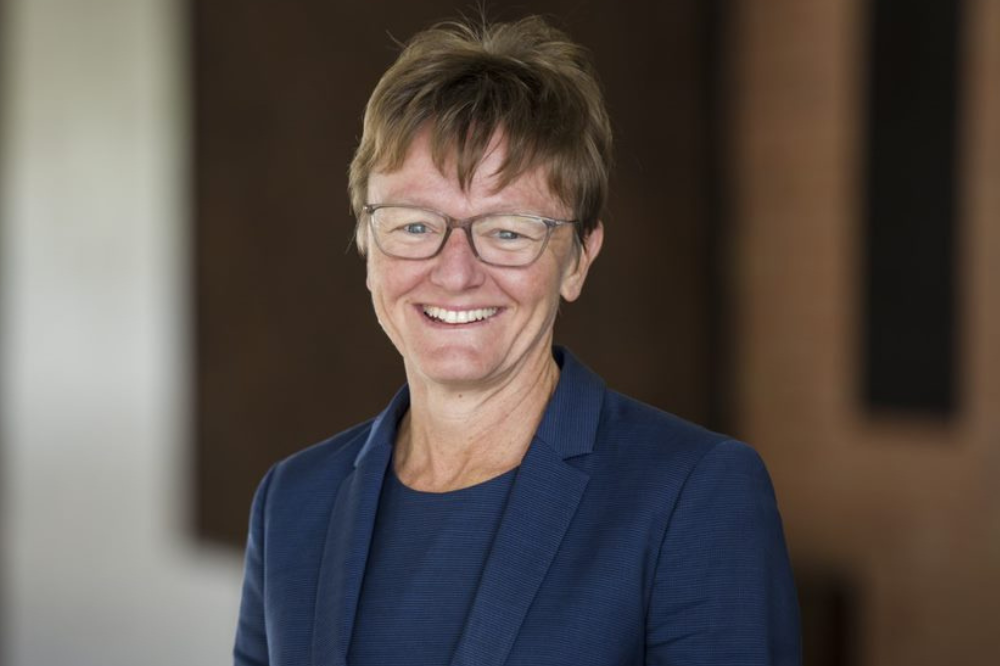
Over the past 12 months, Wavell State High School executive principal Liz Foster has placed a bright spotlight on evolving the curriculum to ensure her students are well prepared for any future that they choose.
However, with dizzying advancements in automation and Artificial Intelligence reshaping Australia’s economy, Foster is also incredibly aware of what the future workplace could look like. For Foster, a purposeful education that considers the uniqueness of each individual and their contribution to our society is critical to preparing students for this future.
“I believe in giving young people an education that recognises individual minds in thinking, reasoning, values and intuition,” Foster tells The Educator.
Another pillar in her educational philosophy is leadership through participation as a learner, whereby educators should seek to understand people, values, and imagination.
“This includes equipping young people through capability and empowering with permission that underpins aspects of teaching and leadership, and collectively designing purpose with clarity for each of us to contribute as individuals and in teams.”
Foster says educators should also be constantly evolving in considering how they create environments that build resourcefulness for all involved, so they can add value to their school community, and to society at large.
“The importance of being open to learning new, leveraging research to inform practice and challenging conventions that stretch possibility in asking the question, ‘How might we prompt people to think beyond the normalised paradigms of teaching and leadership?’”.
Through her membership within Queensland ACEL's Executive Foster has also been encouraging educators to stretch the boundaries in their thinking through conversations, research and practice.
“Clarity on the purpose of school and education serves as a provocation for discussion,” Foster said.
“We need to challenge thinking that prompts us to consider how we might collectively construct a preferable future of schooling, reimagining and renegotiating learning in a world where access to knowledge is in abundance and knowing what to do with this matters.”
Foster says traditional schooling systems are inadequate in preparing learners with the knowledge, mindset and capabilities required for the dynamic world in which we live.
“How might we co-construct systems that enable individual learners to be authentic and develop in understanding of self, as a learner in relation to others, the situation, the environment, and in utilising technology aligned to human purpose?” she said.
“And how will we as leaders of education and learning enable the development of our character and competence with the ability to learn, unlearn and relearn?”
Mentoring factors prominently in Foster’s approach to professional development. Drawing from the mentoring she has provided, Foster said there are several important professional development priorities for her school’s staff heading into 2023.
“We know that investing in the professional learning of our people demonstrates value by equipping each other to pursue goals with meaning whilst simultaneously developing a strong sense of culture and community,” Foster said.
“In 2023 we will continue to focus on opportunities for all people in our school community. Professional learning is characterised by options designed and delivered by our staff in understanding our school context, culture, students, needs of colleagues.”
Foster notes that this is differentiated for professional interests, aspirations and informed by evidence in practice together with research.
“When talking with colleagues, we are actually very effective at articulating what we would like to know more about, whether that be leadership or designing effective learning experiences that support retrieving new knowledge or skills from memory,” she said.
However, support comes in the form of deliberately choosing to create time in our systems and structures that value professional learning and provide an environment for formal, informal, solo or small collegial groups to engage in professional dialogue that meets their needs and those of our school.”
Liz Foster was recently named as one of The Educator’s Hot List 2022 winners.


